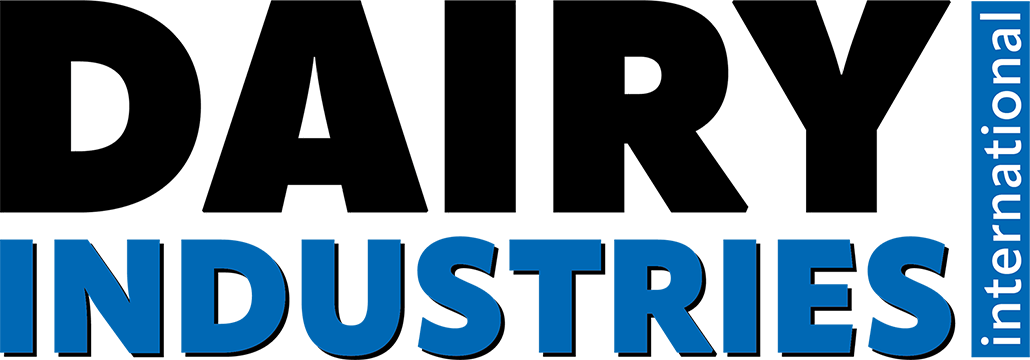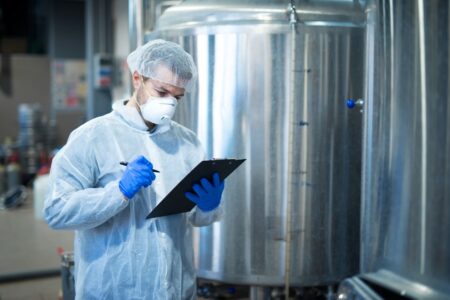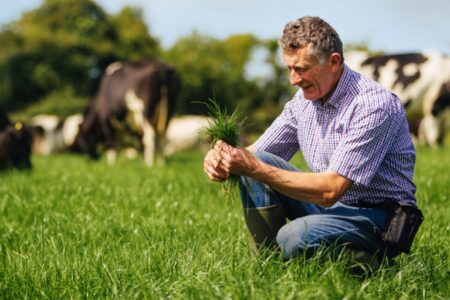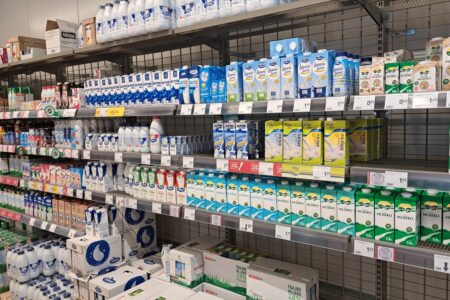Where dairy dares
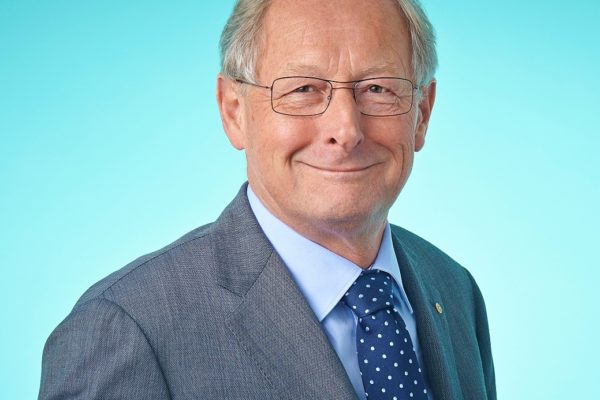
The International Dairy Federation’s World Dairy Summit in Rotterdam, the Netherlands 16-19 October is set to address key issues that continue to concern the global dairy industry, ranging from the recent decision by the UK to exit the European Union, to continued low milk prices and the impact of overproduction on the world. Here, Dairy Industries International asks Jan Maartin Vrij, chair of the organising committee, to discuss the upcoming summit.
Q: How did you come up with the summit’s theme, “Dare to dairy”?
One of the first things we looked at is the theme for the summit, and one of the key issues is how can dairy feed nine billion people by 2050 in a responsible and sustainable way? That is why the motto was chosen of “Dare to dairy.” There are a number of goals relevant to the idea and contributing to feed a growing world population.
We see our contribution to feeding the world as a challenge, and the other side of the coin is to limit the footprint of dairy production. A third aspect is to think outside in a larger context, and not just about the dairy sector. We’ve invited some keynote speakers from outside the industry, such as Jay Sinclair from the World Wildlife Fund to discuss the footprint of dairy production. We are asking them to challenge us and to be there, not just to agree, but to challenge participants and provide us with other news about how the sector operates, with a professional moderator at the sessions.
There will also be a plenary “dare to dairy” sessions, such as the one on Tuesday 18 October, which is titled, “Why not use a total vegetable diet?’ Threats and opportunities related to plant based diets.” Another session will look at whether the dairy footprint is too high or not.
Q: How have you set up the summit?
We have made this a condensed three-day summit, which usually attracts 1,500 to 2,000 participants from all over the world. Amongst them are not only CEOs and employees of dairy processing companies, dairy farmers, suppliers and scientists but also stakeholders from outside the global dairy sector. They all will share their view on how dairy can sustainably contribute to feeding nine billion people.
Q: What other offerings will there be?
We are offering nine technology tours to see firsthand the dairy scenarios in the Netherlands. They will be offered on the Thursday and Friday of the summit in order to not compete with the programme itself. These will include visits to DSM in Delft, the Netherlands and Yakult, to name just a couple. FrieslandCampina’s innovative dairy process and product innovation centre in Wageningen is another tour, which is coupled with a visit to research outfit Nizo in Ede.
Q: How has the dairy industry changed over the past few years in Europe and how will the conference address this?
We live in an era with very low dairy prices, from very high prices only a few years ago. The European dairy sector has high price volatility and we have a specific programme on this, seen from outside the industry, which will talk with people from the energy sector about its coping mechanisms.
Also new is sustainability and diets, which has gained pace in the last few years in dairy. The FAO is organising a session on anti-microbial resistance, which is important. In the Netherlands, our dairy farmers have reduced their penicillin use by 47 percent, which is a huge result. The session will address the need to reduce anti-microbial drugs in farming. Another session is looking at the future of dairy production, and how it will grow in Asia and Africa.
Q: How busy has the organising team been?
We have been very busy with our normal work and on top of that, the work for the summit. There is a lot to organise and to think of. There are a lot of meetings and emails. It’s not just work in the office, there is a lot of work behind the scenes. There are eight people on the organising committee, and another eight people on the programme committee, setting the content of the summit programme. We started working on it two years ago, and there is more work to come.
Q: How did you select the venue for the summit?
The venue, De Doelen is a state-of-the-art conference venue and concert hall, and was chosen because it is easy to reach from wherever the international participants are coming from. It is half-hour by train from Amsterdam airport, and only two hours and 15 minutes by fast train from Paris. It is also a five-minute walk from Rotterdam’s railway station.
Q: Anything else you’d like to add?
The early bird registration has been extended to 15 August, and those registering before then will be able to do so for €100 less than the usual fees.
For further information, please visit www.idfwds2016.com
